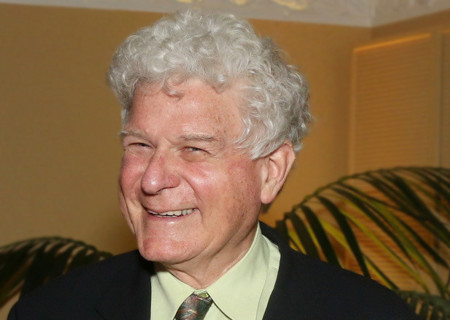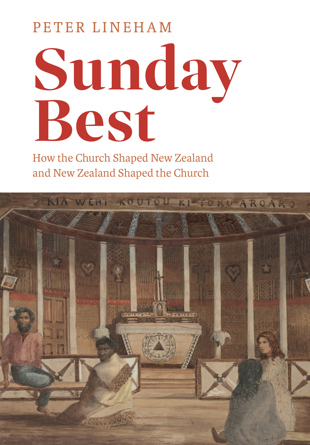1. How did you arrive at the idea of this book?
I thought about writing a textbook on New Zealand religious history, and it seemed to me a very dull proposition. We probably know enough about institutional religious history to produce a detailed book on the subject, but that seemed to me to tell a top-down story, and I don’t think the churches are so important as institutions that such a book would be significant. So when I was asked to do some theme lectures on any topic of my choosing, I decided to explore the churches as contributors to the social and cultural life of the country, and those initial six lectures made me realise what a rich theme this was.
2. Describe its essential precept.
That religion is deeply woven into the ways in which New Zealanders have lived their lives and shaped their communities; so much so that we cannot understand those communities and most of those lives without exploring the religious dimension.
3. If someone like Bishop Selwyn, who had a vision for a ‘better’ Church of England here in New Zealand, could come back from the grave, would he be horrified or fascinated by how things have turned out for religion’s role in New Zealand society?
He would be horrified, of course, because he so much wanted to build a proper, better, New Zealand, and despaired of the pragmatism and lack of grand principles shown by the European settlers. Building on missionary work, he had greater success with Maori, but in the end the settlers destroyed that achievement. Selwyn was a remarkable person for the early settlement of New Zealand, but the church that slowly took shape was fashioned somewhat in the likeness of the settler and Maori congregations, reflecting the hopes and struggles of their lives and their communities. He would have expected the church to be a far more independent force in New Zealand society — but without the financial resources and the domination of one denomination, how could it have been.
5. What did your research involve?
I reworked a working lifetime of notes about local church life, including the reading of many church minute books and pamphlets. I discovered why I have been collecting for many years all sorts of local church history pamphlets and read many of them, looking for what held their congregations together. I explored hundreds of topics in the ever-expanding Papers Past and denominational websites. I talked to people to explore odd subjects about which I could find no clarity. I went to experts on odd subjects like clergy robes and hymn tunes and church calendars. I tried to make sense of it all!
6. Why does what you have uncovered matter?
Because this is not antiquarian. It is about how lives were lived and institutions fitted to suit and support people’s lives. I think it restores a forgotten theme in the shaping of New Zealand, and it gets away from the narrative that religion is irrelevant. Religion proved to be one of the clearest lights in explaining such subjects as the role of women and young people in colonial society, in explaining interactions between Maori and Pakeha, and making sense of how colonial society worked.
7. The book is full of the most remarkable photos. Which is one of your favourites, and why?
I love the picture of the Associated Churches of Christ members massed for their annual meeting at Nelson. I look at the huge number of faces in the picture and I see very ordinary people dressed up for a special occasion, celebrating and singing. I love this, and a series of other pictures like it, because I wanted to show religion as people in action, set uncomfortably in their own times, and rather gawky in our eyes!
8. What’s one new thing you learnt while working on this book?
Where to start! I was astonished to find that women did most of the church fundraising from the very beginning, despite being excluded from decision-making bodies. Those women’s guilds, and their massive work in fairs, stalls and tea meetings, indicated the energy that was put into making church life continue.
9. What’s one thing you hope people will take away from reading Sunday Best?
That religion has never just been a separate sphere of life in New Zealand, but rather it has been part of people’s leisure, community, education, child-rearing and status systems.
10. What are you reading at the moment, for work and for pleasure?
I am indulging in novels for my book club (although I rarely make it to the meetings). I am reading historians on Victorian England. I am reading theology and Bible commentaries. At any time I have roughly 10 books on the go. I’m just back from a trip overseas for which I loaded my Kindle with a real mixture, and off I set. Now I am back to travelling to work by bus, so I can keep reading!


